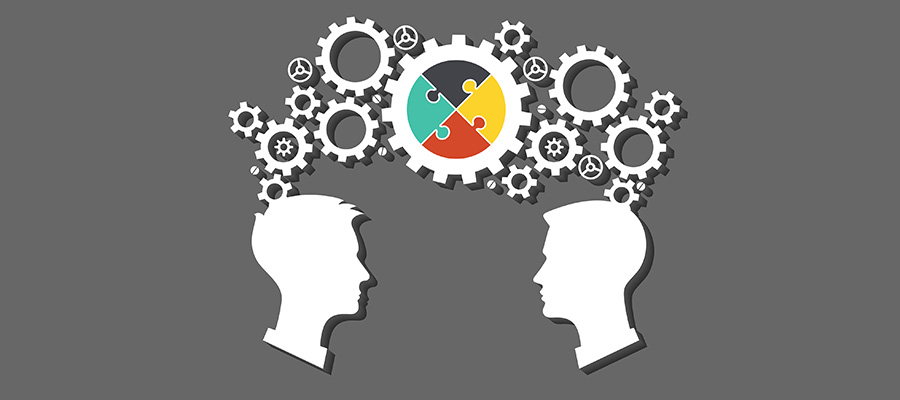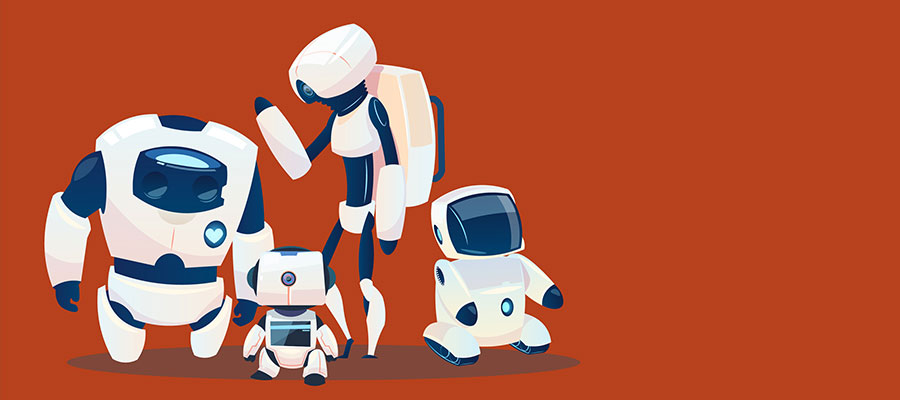 Catherine Meilleur has over 15 years of experience in research and writing. Having worked as a journalist and educational designer, she is interested in everything related to learning: from educational psychology to neuroscience, and the latest innovations that can serve learners, such as virtual and augmented reality. She is also passionate about issues related to the future of education at a time when a real revolution is taking place, propelled by digital technology and artificial intelligence.
Catherine Meilleur has over 15 years of experience in research and writing. Having worked as a journalist and educational designer, she is interested in everything related to learning: from educational psychology to neuroscience, and the latest innovations that can serve learners, such as virtual and augmented reality. She is also passionate about issues related to the future of education at a time when a real revolution is taking place, propelled by digital technology and artificial intelligence.
[INFOGRAPHIC] Top 10 crucial competencies for 2020
Creativity, emotional intelligence and the ability to collaborate are among the top 10 skills that will be most sought after in 2020, as well as, let's say ... tomorrow! In the wake of the 4th Industrial Revolution led by the Internet of Things and digital technologies, it appears that the actual "human" qualities are becoming popular.










